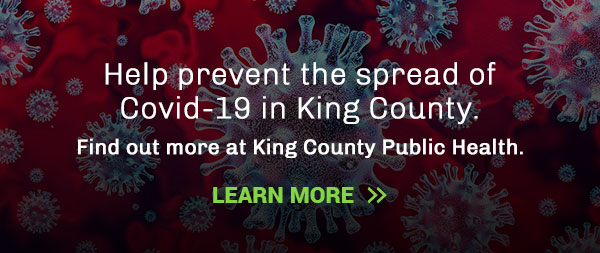Caregiver Support
Crisis Situations | Kinship Care | Other Local Resources | Publications
Are You a Caregiver?
Many people who care for a loved one, friend, or neighbor don’t think of themselves as caregivers, but if you routinely do any of the following, then you are a caregiver:
- Bring food to a friend or family member
- Listen to and reassure them
- Drive them to appointments
- Help with chores
- Pay their bills
- Run errands for them
- Help with yard work
- Fix their leaky faucets
- Organize their medications so they can be safe
Caregivers have access to many resources that can help them care for a family member or loved one while maintaining their own quality of life. One size definitely does not fit all. Our specialists tailor support services to the unique needs of unpaid caregivers ranging from kinship care support for grandparents (age 60+) caring for relatives, to support for caregivers caring for persons age 18 and over. Services may include:
- Referrals to local support groups, counseling, and other resources
- Training on specific caregiving topics
- Advice on use of supplies and equipment
- Practical information and caregiving suggestions
- Respite care, if you need a break
Visit Community Living Connections for information about free consultations and services, or ask to be connected to a Caregiver Specialist.
Click on the headings below for more information.
Crisis SituationsAre you in a crisis situation right now?
Access help through the Crisis Connections website, or call the Aging and Disability Services Caregiver Information and Assistance Line at 206-436-2975.
Are you raising a grandchild or other young family member because his or her parents are unable to do so?
If so, you are not alone. In King County, 18,000 grandparents, aunts, uncles, siblings, and others are raising younger family members. Statewide, nearly twice as many people are raising a relative’s child. Nationally, almost eight million children live with their grandparents, and 2.5 million grandparents have assumed responsibility for raising their grandchild.
Kinship care is an alternative to foster care. Whether temporary or permanent, a large number of people take care of a child in order to alleviate family stress and do what they think is best for the child. But taking care of anyone—of any age—can cause a great deal of emotional stress and strain.
Fortunately, help is available. In King County, kinship caregivers can contact any of the following programs for information about childcare, financial and legal issues, and ways to manage stress. A good place to start is the Kinship Care Navigator—with services provided by Catholic Community Services of Western Washington and the Central Area Senior Center.
The links below provide access to additional caregiving resources and information:
- Encompass Kinship Care Support Program
- King County Kinship Collaboration
- Kinship Caregiver Resources
- Kinship Support Groups
- Kinship Konnection Mount Mariah Baptist Church
- Neighborhood House
- Phinney Neighborhood Association Greenwood Senior Center
The links below provide access to an array of publications on providing care:
- Become a Kinship Care Provider DSHS
- Beyond the Walls: A Guide to Services for Families Affected by Incarceration! DSHS
- Breakthrough Series Collaborative: Supporting Kinship Care Casey Family Programs (November 2007)
- Consent to Health Care for the Child in Your Care: A Kinship Caregiver’s Guide DSHS
- Coming Full Circle: Encompass Kinship Care Seniors Digest (May 2009)
- Did You Know about the Following Services and Supports for Grandparents and Relatives Raising Children DSHS
- Education Advocacy Guide for Caregivers- Supporting School Success for Children and Youth in Care DSHS
- Foster Parenting & Relatives Caring for Kids DSHS
- The State of Grandfamilies Generations United (2021)
- Grandfamilies Infographic Generations United (2021)
- Guide to Child Support Services for Relative Caregivers DSHS
- Non-Parents Caring for Children Washington Law Help
- Relatives as Parents: A Resource Guide for Relatives Raising Children in Washington State DSHS
Several of the DSHS brochures listed above are available in other languages.
![Aging & Disability Services for Seattle & King County [logo]](https://www.agingkingcounty.org/wp-content/themes/sads/images/seattle-ads-logo.png)

